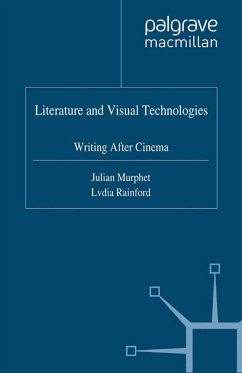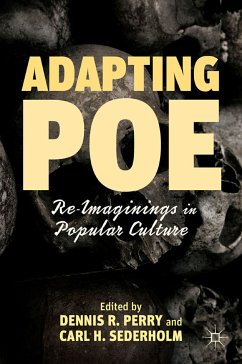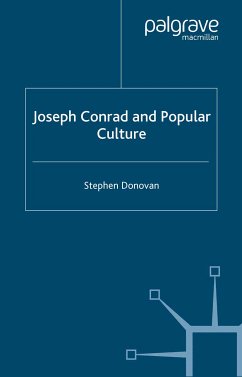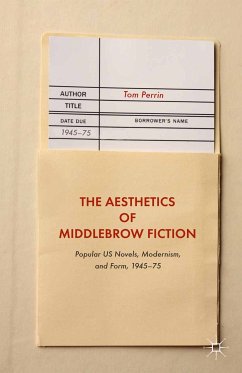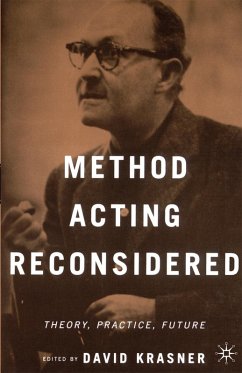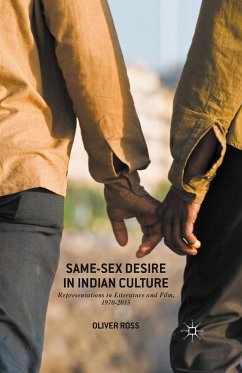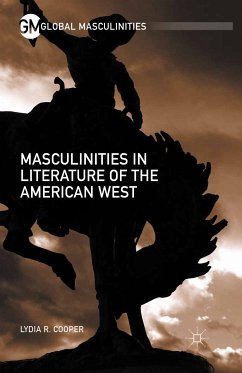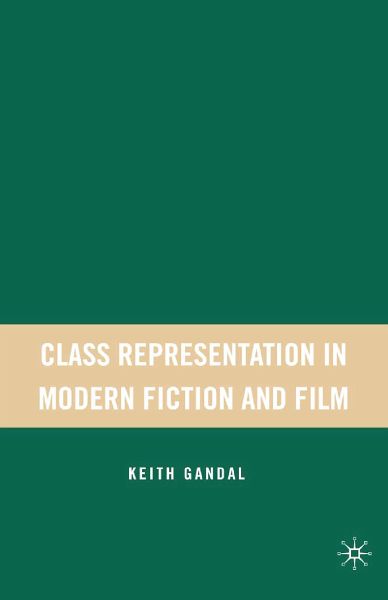
Class Representation in Modern Fiction and Film (eBook, PDF)
Versandkostenfrei!
Sofort per Download lieferbar
40,95 €
inkl. MwSt.
Weitere Ausgaben:

PAYBACK Punkte
20 °P sammeln!
A fresh exploration of the representation of poverty and class in American literature and film, through the juxtaposition of films, writings and the unusual lives of Zora Neale Hurston, Stephen Crane, Henry Miller and Michel Foucault. The book argues for Hurston's centrality, not merely to the African-American canon, but to the American tradition.
Dieser Download kann aus rechtlichen Gründen nur mit Rechnungsadresse in A, B, BG, CY, CZ, D, DK, EW, E, FIN, F, GR, HR, H, IRL, I, LT, L, LR, M, NL, PL, P, R, S, SLO, SK ausgeliefert werden.



